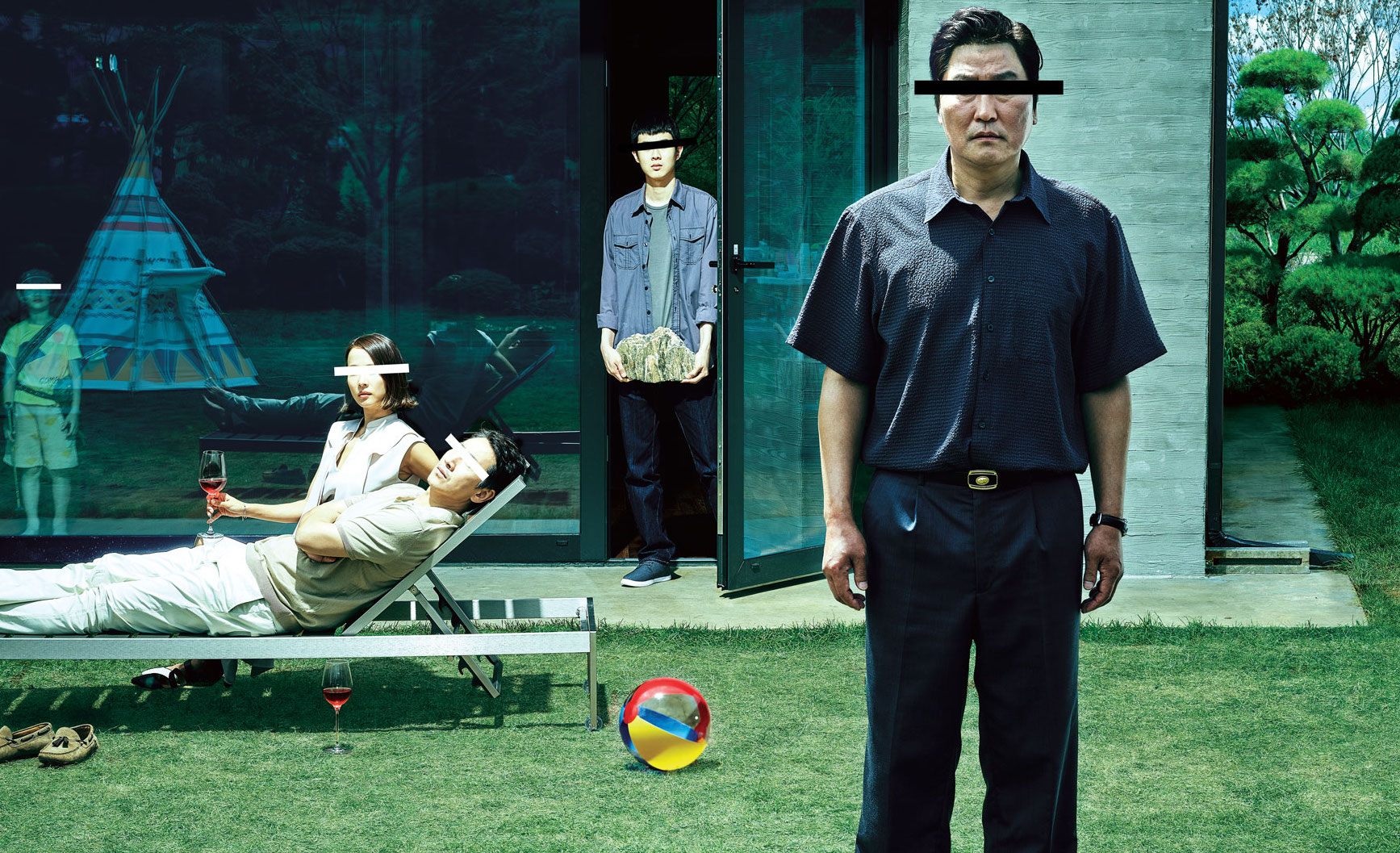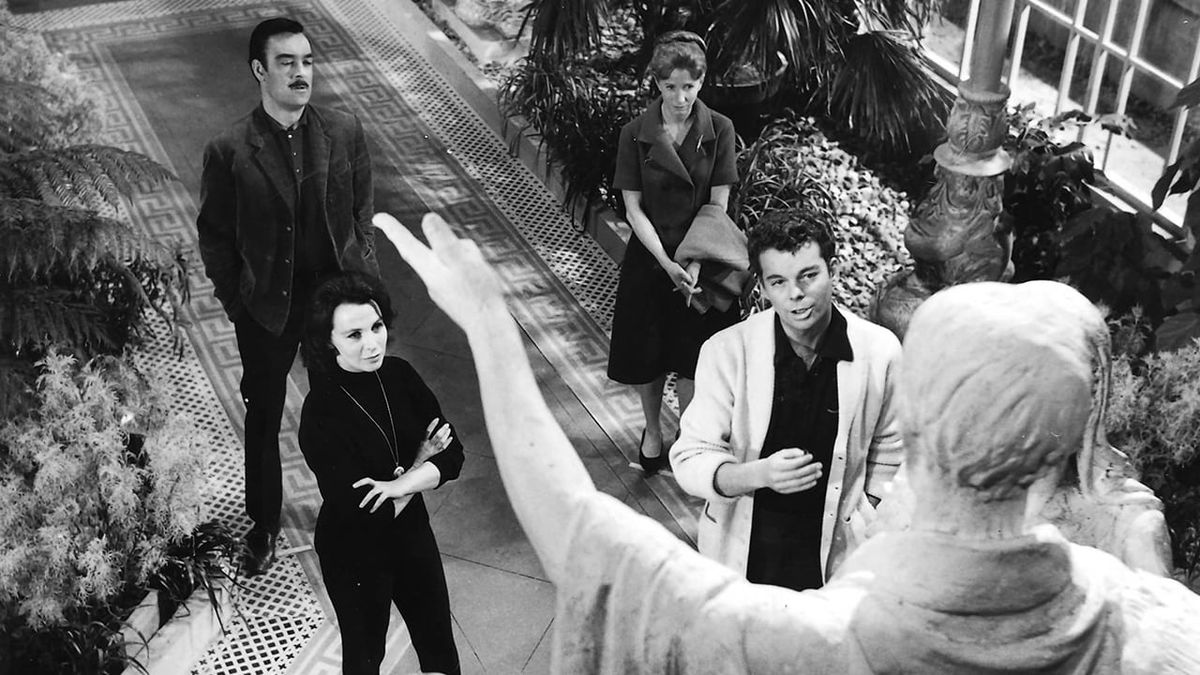dreamabodefinder.com – Few films in recent history have captured the world’s attention and acclaim quite like Parasite (2019). Directed by South Korean filmmaker Bong Joon-ho, Parasite broke barriers and redefined the global perception of non-English films by winning the prestigious Palme d’Or at the Cannes Film Festival and becoming the first foreign-language film to win Best Picture at the Academy Awards. A compelling blend of dark comedy, thriller, and social commentary, Parasite is a cinematic tour de force that leaves audiences spellbound.
Plot Summary
At its core, Parasite tells the story of two families from opposite ends of the socioeconomic spectrum: the impoverished Kim family and the affluent Park family. The Kims, struggling to make ends meet in a semi-basement apartment, infiltrate the lives of the Parks through a series of calculated deceptions. By posing as unrelated professionals, each Kim family member secures a position in the Park household—as a tutor, art therapist, driver, and housekeeper.
What begins as a humorous tale of social mobility quickly descends into a gripping and tragic exploration of class inequality, greed, and the fragility of human relationships. The film’s narrative twists and turns lead to a shocking climax that leaves viewers questioning societal structures and human nature itself.
Themes and Social Commentary
Parasite is layered with themes that resonate universally, making it a film that transcends cultural boundaries:
- Class Inequality: The film vividly contrasts the luxurious life of the Parks with the cramped, squalid conditions of the Kims. The verticality of the film’s visuals—from the Parks’ elevated mansion to the Kims’ semi-basement—symbolizes the stark socioeconomic divide.
- Greed and Deception: The Kims’ ascent into the Park household highlights the lengths people will go to for financial stability. However, their actions come at a moral and emotional cost, underscoring the corrosive effects of greed.
- The Illusion of Meritocracy: The Parks’ trust in superficial qualifications (like forged certificates) critiques the flawed systems that perpetuate inequality and prevent true upward mobility.
- The Human Cost of Capitalism: The film’s darker moments reveal how individuals at all levels of society are complicit in perpetuating systems of exploitation.
Cinematic Excellence
Parasite is a masterclass in filmmaking, with every aspect meticulously crafted to enhance the storytelling:
- Direction: Bong Joon-ho’s direction is both precise and visionary. His ability to blend genres seamlessly—shifting from comedy to thriller to tragedy—is a testament to his genius.
- Cinematography: Cinematographer Hong Kyung-pyo’s work is stunning, with carefully composed shots that emphasize the film’s themes. The contrast between light and dark, open and confined spaces, and high and low angles reflects the characters’ psychological and social struggles.
- Production Design: The Park’s modernist mansion and the Kim’s dingy apartment are more than just settings; they are integral to the story, symbolizing the divide between wealth and poverty.
- Music and Sound: Jung Jae-il’s haunting score amplifies the tension and emotion, while the film’s use of silence and ambient noise heightens its realism.
- Acting: The ensemble cast delivers flawless performances. Song Kang-ho (as Kim Ki-taek) and Cho Yeo-jeong (as Park Yeon-kyo) are particularly noteworthy, portraying complex characters with depth and nuance.
Global Impact and Recognition
Parasite achieved unprecedented success for a South Korean film, both critically and commercially:
- Academy Awards: At the 92nd Academy Awards, Parasite won four Oscars: Best Picture, Best Director, Best Original Screenplay, and Best International Feature Film.
- Box Office Success: Despite being a non-English film, Parasite grossed over $250 million worldwide, proving that audiences are open to international cinema when storytelling is universal.
- Cultural Phenomenon: The film sparked global discussions about inequality, privilege, and social justice, making it a cultural touchstone for the 21st century.
Legacy
Parasite has cemented its place in cinematic history as a film that not only entertains but also provokes thought and dialogue. It paved the way for greater recognition of non-English films in mainstream cinema and demonstrated that storytelling transcends language and borders.
Bong Joon-ho’s iconic statement at the Golden Globes, “Once you overcome the one-inch-tall barrier of subtitles, you will be introduced to so many more amazing films,” resonated deeply with audiences worldwide. Parasite is not just a film; it is a testament to the power of cinema to challenge perspectives and inspire change.
Conclusion
With its masterful storytelling, brilliant performances, and searing social commentary, Parasite is a once-in-a-generation film that continues to captivate and inspire audiences. It is a shining example of how art can reflect and critique society, leaving a lasting impact on both the film industry and global culture.





